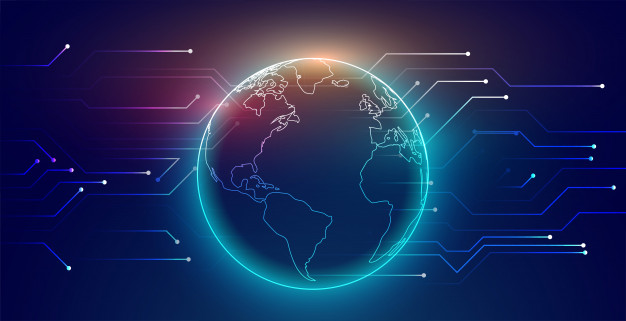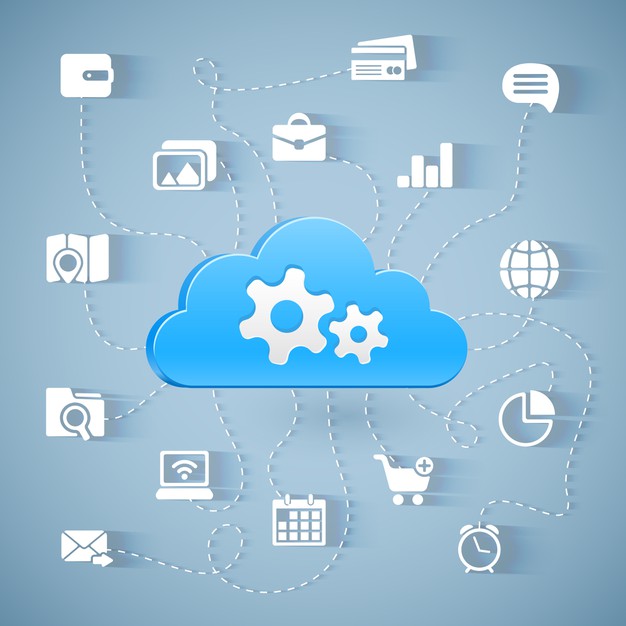Infosys shifting from IT services to hyper automation and analytics
3AI January 21, 2021

Infosys is preparing for the AI revolution, a shift from IT services to hyper automation and analytics
IT major Infosys has been making progress in exponential technologies such as Artificial Intelligence (AI), a significant shift from the usual IT services. This has been further accelerated by the lockdown and subsequent need to adopt AI and cloud based solutions for enterprises. For a largecap company such as Infosys, it means having a clear-cut strategy to implement it across value chains and also encourage industry level adoption and policy changes.
“We are observing the adoption of AI across the entire value chain from discovery to development to deployment,” says Balakrishna DR, senior vice-president, Service Offering Head – Energy, Communications, Services, and AI & Automation Services, Infosys. His underlying aim is to make AI more common and ultimately easy to use. “Like low code, no code platforms, which have enabled even non-coders to create interesting applications, firms which enable AI to be used by the masses will dominate the markets,” he adds.
The company focuses on a group-wide AI platform. “We have developed a technology approach where our central AI platform is continuously updated to leverage the latest advancement in AI and all other applications feeding from this platform automatically get benefitted,” says Balakrishna. The platform then helps Infosys’ client organisations to discover opportunities, make their own project development cycles, deploy and test software and make their own AI framework pertaining to the needs of their organisation.
The AI applications and solutions built out of this platform are modularised. What this means is that the solutions and products are ready to plug and use, enabling ease of integration for multiple purposes. “Infosys has developed a cognitive automation studio with over 1000 reusable assets, which is completely democratised and curated centrally and 30-plus platforms for different requirements, verticals, and applications,” says Balakrishna.
The significance of AI-based solutions has been brought out by the challenges created by Covid-19. Contact tracing, detection based on symptoms and vaccine development are some areas where AI has aided the medical industry. According to Balakirshna, AI has helped enterprises address immediate business continuity challenges such as setting up smart and safe workplaces in sectors apart from healthcare and medicine.
This rapid pace of AI-led digital transformation is expected to continue in the post-Covid world. For instance, a digital twin of an HR person can scan through thousands of resumes at a much faster pace, ensuring process optimisation and minimisation of time and effort involved. Business events like period-end closing can be less cumbersome for people if they leverage bots for doing the bulk of the heavy lifting. “This not only brings significant productivity improvement for the enterprise but also improves employee satisfaction and work-life balance,” says Balakrishna.
Infosys’ AI applications range from access management, to drone-based inventory analysis, to quality inspection using robotic arms in manufacturing and for picking up load in warehouses, to drone-based assessments of dangerous sites to smart cities. In the telecom domain, Infosys has built solutions for tower inspection, antenna damage inspection and azimuth inspection (inspecting the tilt of the antenna).
Many business processes cannot adopt AI for critical applications because AI is still a black box with no explanation of how their models work. There is a need to develop trustworthiness. Finally, it is the shortage of right skills and talents.
“That said, a framework to leverage AI that is ethical, explainable, and unbiased is the need of the hour. Ethical AI is going to be a mandate for all businesses in the future,” says Balakrishna.
Picture from freepik.com






